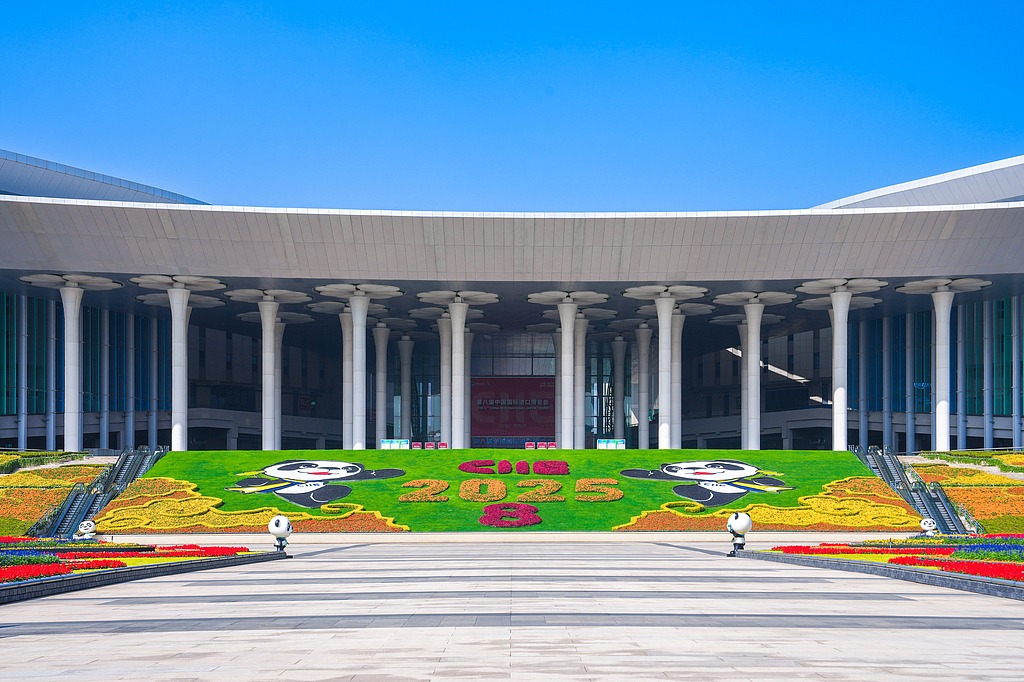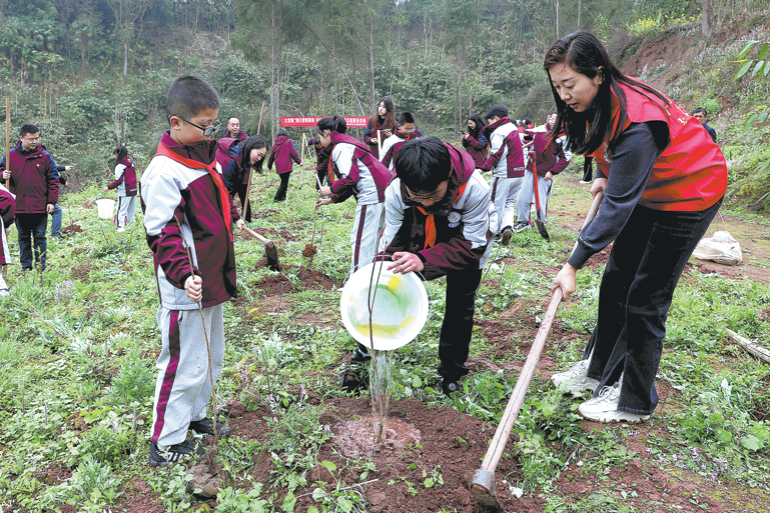AI transforming experience for foreign travelers in China
Technology creates bridge to local culture


By using Doubao's visual recognition function to scan the building, the AI system instantly identified it as Shengmu Hall, providing detailed information about its historical background, structural features, and cultural value. "Now, whenever I encounter unfamiliar ancient architecture knowledge, I can easily access it through this tool, as if I have a professional 'ancient architecture guide' with me," said Yaputra, impressed by the clear information on his phone.
Yaputra's original reason for coming to China was to "find his roots". His ancestors were from Jieyang, Guangdong, and he is the fifth generation of his family in Indonesia.
"As a Chinese descendant, I have a responsibility to spread Chinese culture overseas," he said.
He now has a new understanding: "To judge a country's development, you can get a direct impression by looking at the planning details of its cities and the design standards of its buildings."
Karyna Kovalevska, a 24-yearold Ukrainian vlogger and participant of the event, leverages AI extensively as a short video content creator. She uses AI to create travel guides and consults with AI when preparing scripts for her videos on Shanxi's ancient architecture. "This not only helps me avoid historical and cultural inaccuracies but also greatly improves my creative efficiency," she explained. "AI provides more authentic expression suggestions for my narration and even offers professional inspiration for video camera work and narrative logic."
Through this cultural journey, Kovalevska has also keenly observed the progress of the integration of China's cultural tourism industry with technology. "The tour guide services in scenic spots are becoming more professional, and digital and AI-powered intelligent equipment is becoming more prevalent, significantly enhancing the experience for foreign tourists," she said.
She believes that thematic activities like "Discovering Shanxi's Ancient Chinese Architecture" are of great importance in promoting Chinese and foreign cultural exchanges.
With the implementation of China's 240-hour transit visa-free policy, more foreigners have the opportunity to experience real life in China. "I believe that foreign tourists can only truly understand China by personally visiting this land. And AI will become an important bridge to help us better understand Chinese culture," she said.
Ding Yi and Guo Shuya contributed to this story.
Contact the writers at zhuxingxin@chinadaily.com.cn
























